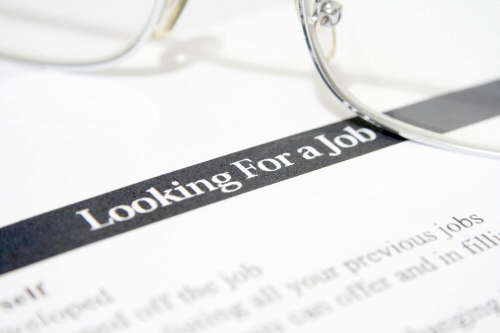Should You Quit Before or After Finding a New Job?
Jordan Perez
Conventional wisdom says that it’s much better to wait to quit a job until after you’ve safely secured another one. Most of the time, this is a pretty good choice! There are so many risks involved in quitting a job before securing a new one that they often outweigh the benefits. However, there are definitely some exceptions to this rule.
The truth of the matter is that the decision of quitting before or after finding a new job is a highly subjective and personal one. It definitely pays off to take some time to carefully consider the risks and benefits of both choices so you can decide which is best for you.
The risks
There are a couple of reasons why so many professionals recommend that you stick with your job until you find a new one. There are plenty of risks involved, whether they are financial, professional, or emotional in nature. Here are a couple of spots where you can get into trouble if you prematurely jump ship.
Depending on your industry or field, it can be difficult to find a new job fast. Do you have the financial resources to keep yourself going for three months? Six months? A year?
Many hiring managers – though not all – don’t like to see a significant gap between jobs. If anything, they’re going to want to know: What happened with your last job? Can you tell the story without it appearing as a negative part of your career history? Or, can you illustrate that a gap in your resume was utilized for professional growth outside of your last job?
Being unemployed for a long stretch of time can be hard on people psychologically, which makes them more likely to underperform in an interview, or settle for another job that may be a poor fit.
The safer option usually involves trudging through your current job while diligently seeking out alternatives. Your bank account stays healthy. Your career history looks good and you get to continue on with some kind of structure and routine in your life as you search for new opportunities.

What if you really need to go
There are times, however, when a current job situation is simply intolerable. Perhaps the workplace culture is just too toxic. What if you’re privy to unethical or even illegal practices in the workplace? These situations often affect people dramatically, some to the point of psychological crisis and/or stress-related illness and a decline in overall health. In these cases, the risks of staying start to mount, and the risks of leaving don’t look so bad.
Times are changing, though. In certain industries or fields, resume gaps are becoming more acceptable to hiring managers. Changing employment conditions and the growing awareness of systemic workplace dissatisfaction have allowed hiring managers to be more sympathetic to candidates who’ve prematurely quit their last jobs. Is a resume gap indicative of a flaky employee? Or, does it point to someone with integrity simply seeking better opportunities for growth and learning?
If you can make arrangements for a clean exit and you have the resources to positively structure your unemployment time to grow as a job candidate, then quitting a toxic job can prove more beneficial in the long term.
Take some time
Depending on your chosen field, prematurely quitting your job could carry too much risk. Alternately, quitting your job to improve your mental and/or physical health can help you turn over a new leaf and can lead to new growth in your career.
In the end, you have to make the decision that is right for you. Decisions made under duress or pressure don’t usually have the best outcomes, so it pays to step back from your situation and think about your options. Only you can know for sure!








